BOONE, N.C. — When Nathaniel Scott first toured Appalachian State University as a prospective student, he had an experience that would alter the course of his life.
Dr. Jennifer Burris, chair of and professor in Appalachian’s Department of Physics and Astronomy, described Scott’s experience: “I was showing Nathaniel our Biophysics and Optical Sciences Facility (BiyOSeF) and his whole face lit up. He was so interested and excited, I could tell from his questions and enthusiasm that he would be an excellent researcher.”
Burris invited Scott, who is from Mooresville, to participate in a research project — before he even began his first year at Appalachian. “We just enrolled him early, that summer, and he began working side by side with a senior research student,” she said.
Now a senior, Scott has continued his research and is majoring in physics with a concentration in applied physics and a minor in mathematics. He has previously received three research grants and one travel grant, and was recently awarded his second $7,000 North Carolina Space Grant Scholarship.
The N.C. Space Grant — which partners with NASA, industry, nonprofit organizations and state governmental agencies — awards annual research scholarships to STEM (science, technology, engineering and mathematics) students representing 11 North Carolina universities.
Scott is one of two Appalachian students named among this year’s 13 award recipients. Jordan Greene, a senior from Boone majoring in mathematics with a concentration in statistics, also received an N.C. Space Grant for his project with Appalachian’s Atmospheric Interdisciplinary Research Program (AppalAir).
“NASA is funding Nathaniel’s research because they’re interested in training the next generation of students who can automate devices like we operate in our BiyOSeF facility,” Burris said.
As Scott explained, by using instruments in the BiyOSeF lab, the researchers can trap material using “optical tweezers” — laser beams of light capable of grabbing tiny particles such as space dust or microorganisms — and study the composition.
“However, the optical instruments require constant alignment adjustments so that we receive the maximum amount of data,” Scott said. “This process of alignment is both difficult and time-consuming. Therefore, we utilize automation software to maximize time and alignment efficiency.”
Funded by the N.C. Space Grant, Scott is working on automation software for the apparatus. “This will turn our system into a ‘push button’ system, where little to no human input is required to receive data from a sample. The software will translate to automate other things, for instance, unmanned space exploration, where from Earth we could analyze various space material,” he said.
Scott said receiving the N.C. Space Grant has allowed him to focus his entire summer on the research project, without the need to work a part-time job. “It has inspired me to continue pursuing automation, whether in industry or research,” he added.
When he graduates, Scott plans to pursue a Master of Science in engineering physics through Appalachian’s Accelerated Admission program, in which students take graduate coursework during their senior year that can fulfill both undergraduate and graduate course requirements toward the completion of a graduate degree. The program allows students to earn a master’s degree in typically half the time.
When choosing Appalachian, Scott said he was drawn by both the mountain atmosphere and the academics. “I wanted to be close to faculty instead of just a number in a classroom. The professors here are truly fantastic, and the relationships with the professors in the physics department are invaluable,” he said.
What do you think?
Share your feedback on this story.
About the Department of Mathematical Sciences
The Department of Mathematical Sciences offers undergraduate degrees in actuarial science and mathematics, with concentrations in business, computation, life sciences, physical sciences, secondary teaching and statistics, plus a general, self-designed concentration. The department also offers the Master of Arts in mathematics, with concentrations in college teaching and secondary teaching. Learn more at https://mathsci.appstate.edu.
About the Department of Physics and Astronomy
The Department of Physics and Astronomy’s curriculum has an applied nature that includes a core of fundamental physics courses and laboratory experiences. The department prepares graduates for a variety of scientific, teaching or engineering professions, as well as future educational endeavors. Learn more at https://physics.appstate.edu.
About the College of Arts and Sciences
The College of Arts and Sciences (CAS) at Appalachian State University is home to 17 academic departments, two centers and one residential college. These units span the humanities and the social, mathematical and natural sciences. CAS aims to develop a distinctive identity built upon our university's strengths, traditions and locations. The college’s values lie not only in service to the university and local community, but through inspiring, training, educating and sustaining the development of its students as global citizens. More than 6,800 student majors are enrolled in the college. As the college is also largely responsible for implementing App State’s general education curriculum, it is heavily involved in the education of all students at the university, including those pursuing majors in other colleges. Learn more at https://cas.appstate.edu.
About Appalachian State University
As a premier public institution, Appalachian State University prepares students to lead purposeful lives. App State is one of 17 campuses in the University of North Carolina System, with a national reputation for innovative teaching and opening access to a high-quality, cost-effective education. The university enrolls more than 21,000 students, has a low student-to-faculty ratio and offers more than 150 undergraduate and 80 graduate majors at its Boone and Hickory campuses and through App State Online. Learn more at https://www.appstate.edu.
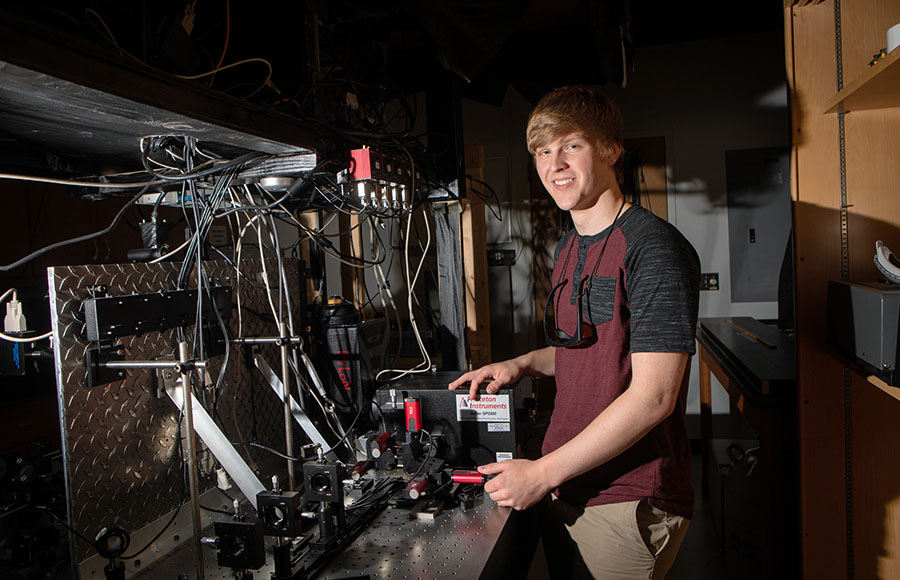
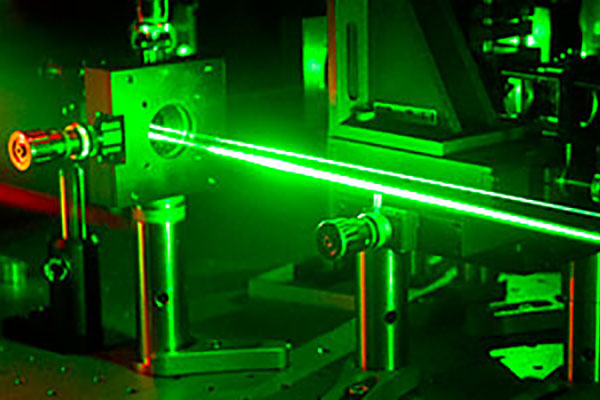
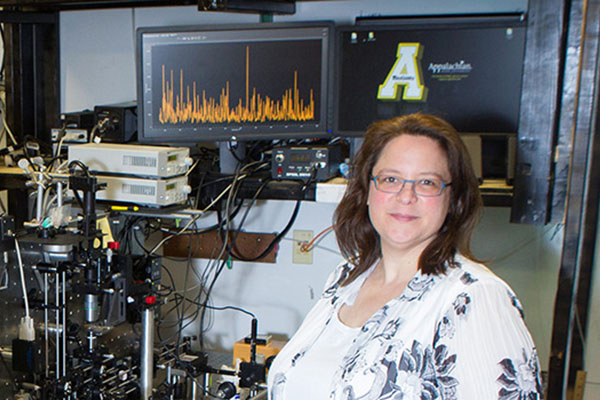
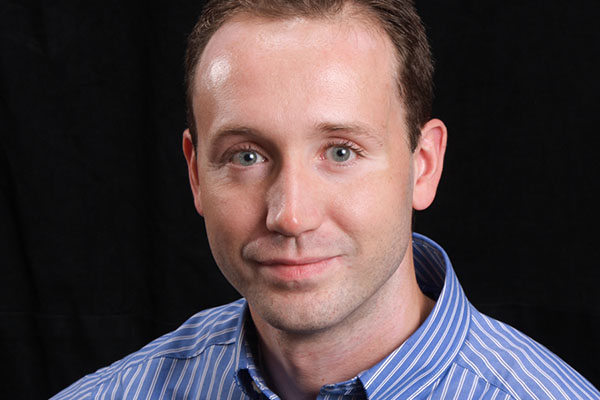
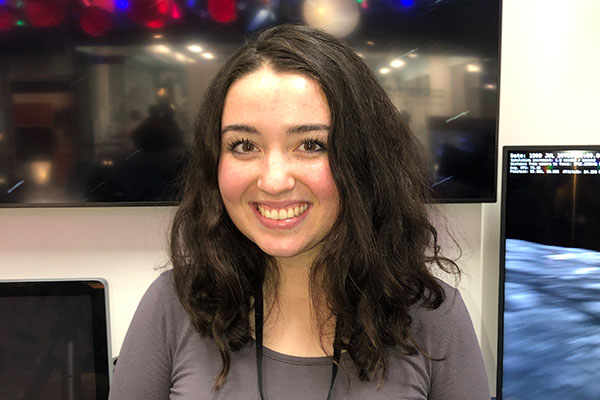




![How NCInnovation Is Rethinking Economic Development in North Carolina [faculty featured]](/_images/_posts/2026/02/rethinking-economic-development-600x400.jpg)






